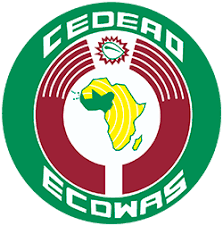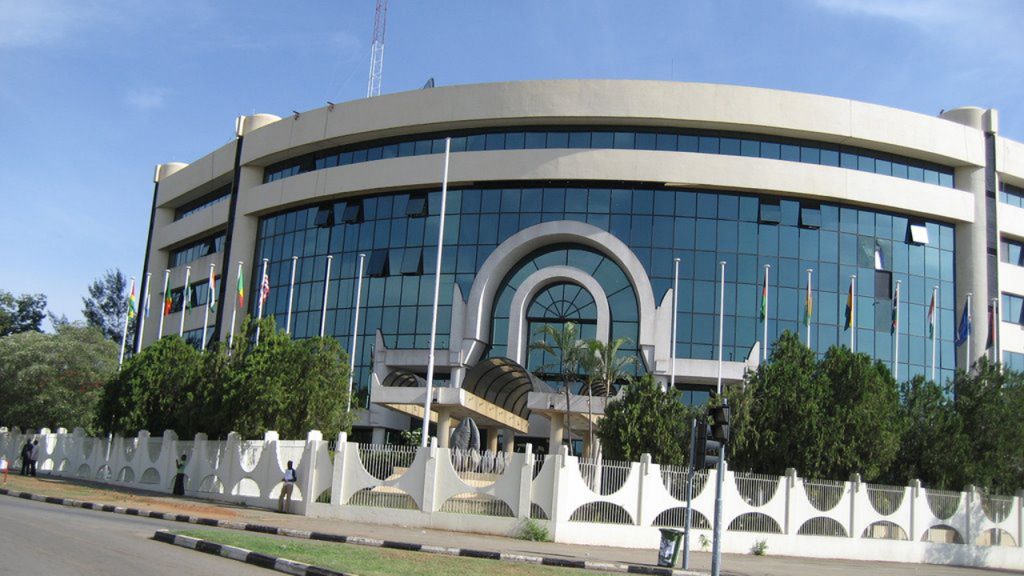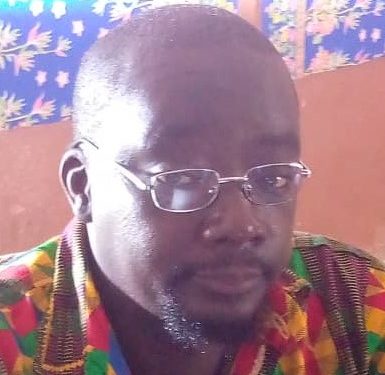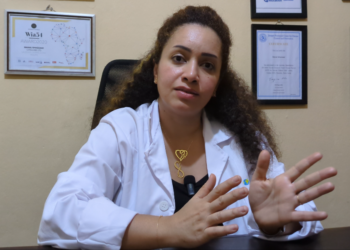The Economic Community of West African States (ECOWAS) has failed to lead by example, thanks to the apparent ineffectiveness of its Secretariat – the ECOWAS Commission.
Chapter 11 of the Revised Treaty of the regional grouping provides for cooperation among member states in the areas of human resources, information, social and cultural affairs.
Article 66 of this chapter is specifically dedicated to the press, noting that in order to involve more closely citizens of the Community in the regional integration process, member states should co-operate in the area of information, specifically to facilitate exchange of information and promote and foster effective dissemination of information within the Community, among others.
Sadly, the Commission, which is supposed to ensure that member states implement these provisions, has itself failed in this regard.
Take a moment to google the word ECOWAS and click on news. All you get is news from international, non-African publications like AFP, AP, Aljazeera, France 24, and BBC. And the reports are either about coups in Guinea, Mali and Burkina Faso or the protracted fighting in the Sahel, among other rather grimy reading.
Even more depressing is the fact that you will have to dig deep on the web to get stories that are relevant to the average ECOWAS citizen.
There are no doubt many reasons for this. But it all point to the obvious ineffectiveness in the communication strategy of the Commission.
Firstly, it practices deliberate discrimination in the dissemination of information by language. The relevant ECOWAS instruments identify three official languages for the community: French, English and Portuguese. None of these is mentioned as more important than the others. Yet when it comes to communication, at least outside the ECOWAS system, either French or English is biasedly given priority. And French often gets most of the attention.
Press releases on low key activities many a times never come in any language other than French.
When it comes to communiques and press releases relating to the activities of heads of state and government, they always come in one language first, usually the official language of the member state in focus. The other language version often comes well later.
This way a substantial part of the community’s population, who do not understand both French and English, and there is no doubt that they are the majority, are sidelined.

As a journalist, who covers the activities of ECOWAS, I have had to go through this experience hopelessly, having to wait for long periods of time to get information from ECOWAS.
I have followed live virtual proceedings of the Commission, where the only language available for interpretation is French. What about the over 240 million English speaking members of the community? We are talking here about the majority of the entire population of roughly 390 million population of the sub region.
But in all fairness, I have also heard colleague journalists in Francophone member states lament the same feeling of frustration when documents are originally released in English.
The Commission’s website is archaic, rarely updated and you can hardly find any important information there. It also seems that it has settled for facebook as the best platform to share official documents. But even there, documents are always uploaded in picture format, rather than in text, which can enable one to translate them electronically into the other languages.
In this situation, the ECOWAS Commission is basically saying that when a statement is done in one language, the others don’t need to understand it. At every given time, therefore, it is speaking to a particular linguistic group and marginalizing the rest. No community as diverse as ECOWAS can integrate in this kind of environment.
Another issue worth mentioning is that for Anglophone journalists, if you are not in Nigeria or Ghana it seems you are not important for the ECOWAS Commission. Most of the bloc’s activities happen in these two countries. This is by no means a problem. The problem is that no effort is seen to be done to cater for journalists outside these two countries during such programmes.
It is hard to accept that the communication department of an organization as important as ECOWAS cannot utilize the opportunities offered by the prevailing technologies, to avoid this unfair treatment of a large section of its population.
Article 66 of Chapter 11 of the Revised ECOWAS Treaty affirms the role of the press in the eyes of the founding fathers of the bloc. As journalists we therefore play a huge role in informing the masses, which is crucial to achieve the so-called ECOWAS of the People Agenda.
The ideal communication strategy for the bloc is therefore one that captures the region’s diversity by releasing statements on all three languages at the same time, for the timely access of all.
Also, there must be some form of arrangement to make sure that what is happening in one country is adequately disseminated to the rest of the citizens of the community. And this is only possible by ensuring unfettered access to information by journalists, regardless of your location, the language you understand or the reach of the media outlet.
Finally, individual governments also have to look into the operations of their respective ECOWAS Focal Persons.

In this respect I can speak more about Sierra Leone, which I am more familiar with. Our ECOWAS representatives in this country only identify with the press during conferences, workshops, launching of some documents or reports.
This is the only time they tend to think the media is relevant. And even at that, they only provide you with information they think you need. They don’t feel any sort of obligation to respond when you seek specific information.
After such occasions, their doors are shut. In line with the typical attitude of public officials in this country, they push away from journalists as though they have stuff to hide.
No wonder there is such a low level of awareness about ECOWAS in some member countries.
In 2016, the Ghana based Media Foundation for West Africa (MFWA) commissioned a study designed to popularize the ECOWAS protocols. It assessed the knowledge of the bloc among citizens in four countries: Sierra Leone, Ghana, Burkina Faso and Liberia.
The findings on Sierra Leone speaks volume. Majority of the people tended to associate ECOWAS to merely an emergency response outfit, rather than the regional integration purpose it was established for over four decades earlier, the study revealed.
It showed that there was “very little” knowledge of the bloc even among people who were supposed to know about it, including civil society activists and media practitioners.
Sadly, with every indication pointing to the fact that officials are contented with this status quo, I doubt the results will have changed, five years after.
How then can citizens of a country with such level of ignorance about such an important entity hold their government accountable with regards its obligations?
Afterall, not reporting on the activities of an organization means less or no scrutiny.
The launch of the MFWA sponsored report was the culmination of a training for journalists, where a media coalition was set up. I was elected coordinator, with the task of raising awareness of the ECOWAS protocols through our reporting. Our efforts died even before we could start.
The ECOWAS Commission, under the leadership of President Jean-Claude Kassi Brou, must review this counterproductive communication strategy. I hope the incoming Commission President, Dr Omar Touray, will also take note.
It is crucial if the ECOWAS of the people agenda means anything at all.
Kemo Cham is the editor of www.manoreporters.com.






















